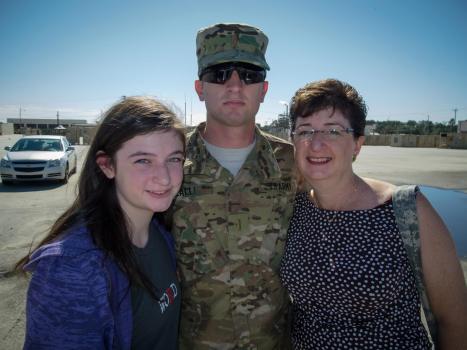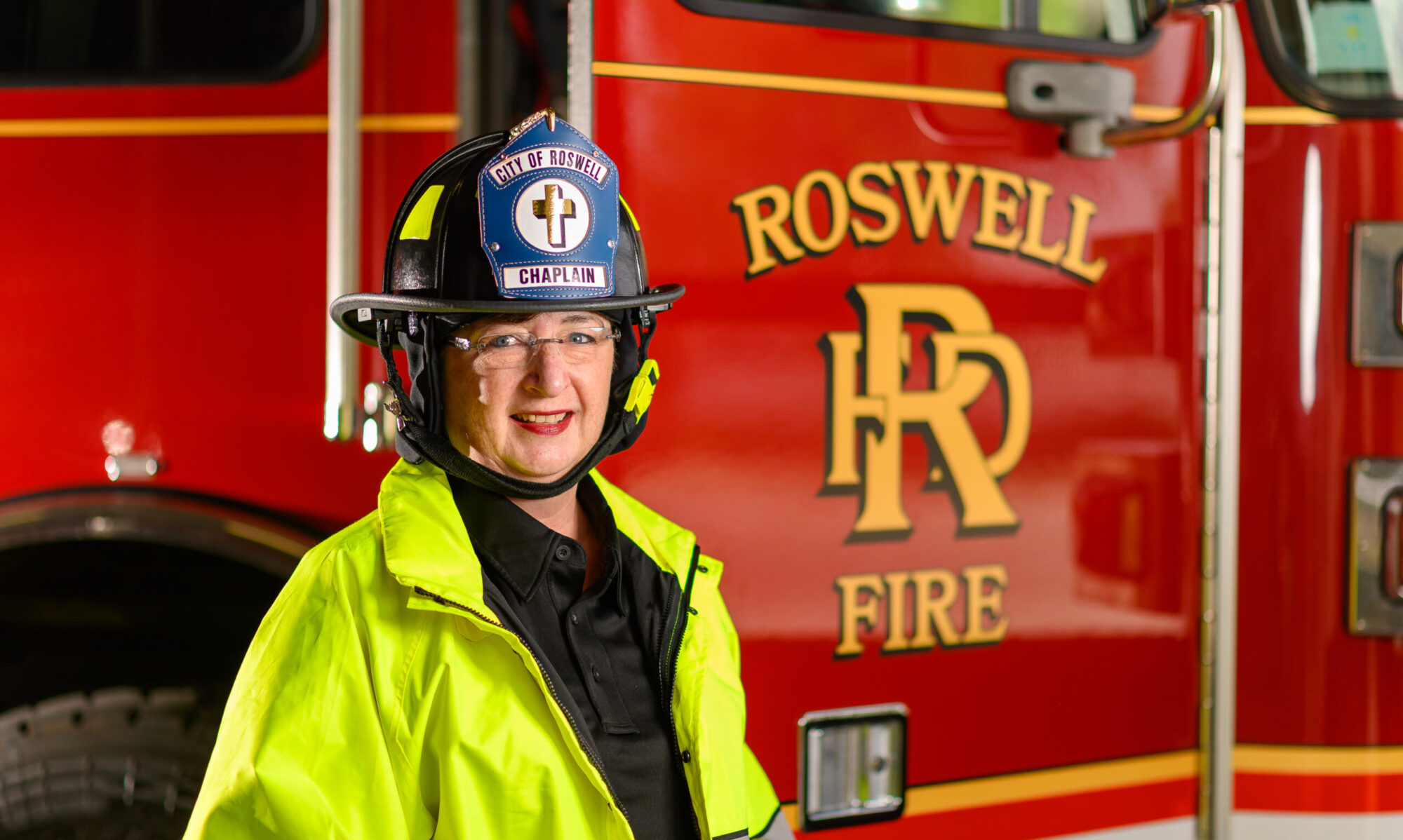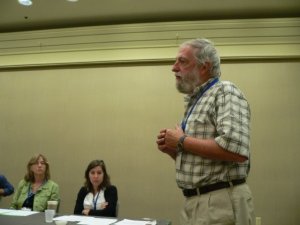Ten years ago this week I was at our kitchen table reading the news of the “shock and awe” that started our war in Iraq. My two buys, 14 and 12 at the time were impressed with the photos that were featured on the front page. They were fascinated as they watched the televised images of missiles as they were launched and flashed on their descent into Iraq.
I was against our entrance into war. In 2003 I worked for the nonprofit, Faith And The City, and served as the producer for an interfaith dialogue television program. All of us in the office preferred a diplomatic approach to differences over sending our young soldiers into harms way. Ten years ago I couldn’t have predicted what I would be doing today.
This morning started with a message from my oldest son. He updated me on his work as a soldier in Afghanistan. My Facebook feed today is filled with retrospective pieces on the war in Iraq.
I couldn’t imagine then that my oldest son would be one of the soldiers in the Middle East today. I have said this before but there are days that seem surreal. I am here, and fine physically. Mentally my thoughts are all over the place. My son is always on my mind, but today scores of others weigh heavily on my mind.
My last year as a student at Columbia Theological Seminary (CTS)I developed a model of chaplaincy to journalist that cover traumatic events. Leading up to my final year in my master of divinity program many people questioned why a journalist would need a chaplain. As the wife of a photographer and having many friends who are reporters, I knew something many of our media consuming public still is not aware of as they read or watch the news. Journalists are first responders to traumatic events that others are fleeing from. Unlike other first responders there is no industry wide protocol to help them after an event. Firefighters, police, emergency medical personnel, all have some type of support protocol in place after an event. Many of these professions have chaplains available to them for support.
Journalist cover events, often at risk to their personal safety, then have to write, photograph and file stories about it only to go out and do it again the next day. They do not have a corporate culture of support. Like our soldiers, law enforcement members and others, journalists do not look for praise for doing their job. They are also hesitant to reveal they are struggling with the effects of what they have seen and experienced for fear of being sidelined from doing their job.
I entered my final year of seminary quite sure of the need for a caring presence for journalists. My husband and my supervisor in my clinical pastoral education class were about the only ones who understood my vision. Then the school year started.
It was the 2001-2002 school year. My first class was scheduled for the end of September. Then the events of September 11, 2001 unfolded. Seasoned journalists were seen crying on television. No one was immune to the grief and sadness of the events of that day, including the reporters, videographers, photographers, editors and other news personnel. Suddenly friends who doubted the need for a chaplain to journalists expressed support for my work.
In the course of my research I found an organization that understood what I knew inside, journalists who cover traumatic events are profoundly affected by the events they cover. How they are affected will vary, but like other first responders the events do stay with them in some form long after the situation has resolved. The Dart Center for Journalism and Trauma, is a leader in the field. The founder, Dr. Frank Ochberg, in his quest to teach journalists to be more sensitive in their coverage of victims of violence found that the journalists were also in need of support for what they covered.
I began an email correspondence with Dr. Ochberg my last year of studies at CTS. His research was helpful to me in the papers I wrote for classes. By the start of the war in Iraq I had come to view Frank as a friend and mentor in my journey to learn to be supportive to people who experience traumatic events. The Dart Center is not a faith-based organization, but they appreciate that I come from a faith-based approach to support. My intent has always been to serve in a ministry of presence and support to people of all faiths or none at all.
That morning ten years ago after seeing my boys off to school and driving into my office I felt helpless. I was a volunteer chaplain to journalists faced with the reality of contacts and people I didn’t know, being embedded with our troops.
Our local paper, the Atlanta Journal and Constitution ran a graphic one day. They showed a map of the Middle East. Photos of the journalists from the paper and CNN were placed over the areas they would cover. I pulled out a note pad and began my list. It was and is a prayer list of journalist who went to the Middle East to cover the war. I wrote their name and affiliation. I combed news sites of outlets around the world to add names to the list. Then alphabetized the list. My husband posted it to my website, where it remains today,with this introductory paragraph:
The following journalists are filing or have filed stories, photos and articles from Iraq. Please remember these people and their families in your thoughts and prayers as they continue to work to keep us informed.
Also, please remember the journalists around the world and in your hometown who work daily in dangerous situations and on difficult stories.
If you know of other journalists who should be listed, please send their name and affiliation along with a link to their work to: dorie@v4t.bc6.myftpupload.com
As the war continued I added name after name. The National Press Photographers Association found my list and posted a link to their home page. Journalists from around the world wrote to thank me for praying for them. I began to meet some of the journalists on this list through my own contacts with them and also through meetings of the Dart Center Ochberg Fellows.
There came a time when the movement of journalists in and out of the Middle East was so fluid that it was too hard for me to keep up an accurate list, but I continued to pray.
Today my prayers continue for the journalists, the soldiers, their families, the people of the Middle East, and the veterans all impacted by our involvement there.
The situation has become intensely personal for me now.
My oldest son is one of the soldiers in the Middle East. Now my son and our family are prayed for by others.

photo by Stanley Leary

